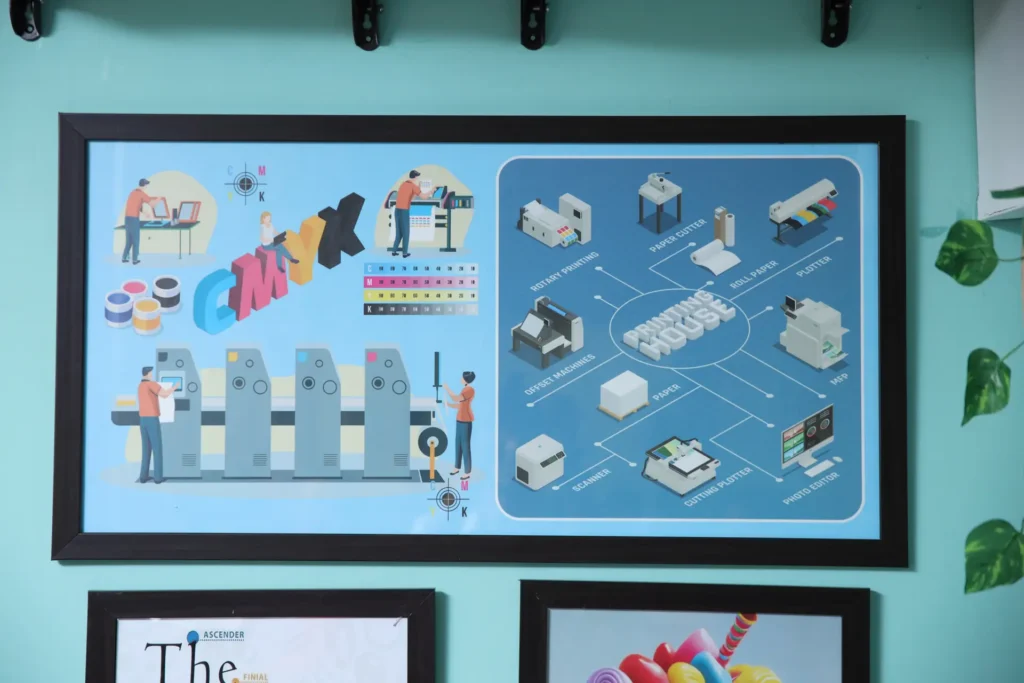HTML, CSS, and JavaScript form the cornerstone of website development. Any comprehensive course in this field will start by introducing these core technologies. HTML, or HyperText Markup Language, is the standard language used to create web pages. It provides the basic structure of sites, which is enhanced and modified by CSS and JavaScript. CSS, or Cascading Style Sheets, is used to control the presentation, formatting, and layout of web pages. It allows developers to adapt the appearance of their websites to different devices and screen sizes. JavaScript, a high-level programming language, enables interactive elements on websites. It can manipulate the HTML and CSS to update content, validate forms, and perform a variety of functions that enhance user experience. A solid grasp of these three technologies is essential for anyone aspiring to become a proficient web developer. Courses focusing on these core skills will typically cover syntax, basic commands, and practical applications, ensuring students can create functional and visually appealing websites from scratch.
Advanced Website Development Course: Beyond The Basics
Once you have a strong foundation in HTML, CSS, and JavaScript, advancing your skills is the next logical step. An advanced website development course takes you beyond the basics, delving into more complex and sophisticated aspects of web development. These courses often cover server-side programming languages such as PHP, Python, or Ruby, which are essential for creating dynamic websites that interact with databases. Additionally, students learn about advanced JavaScript frameworks and libraries like React, Angular, and Vue.js, which are crucial for building modern, responsive web applications. Topics such as web security, performance optimization, and user experience design are also integral to these courses. By understanding and implementing these advanced concepts, developers can create robust, efficient, and scalable websites. These courses are designed for those who are serious about a career in web development and want to master the skills required to tackle complex projects and stay ahead in a competitive job market.

E-Commerce Website Development Course: Creating Online Stores
The rise of e-commerce has transformed the way we shop, and developing e-commerce websites requires a unique set of skills. An e-commerce website development course focuses on the specific needs and functionalities of online stores. These courses typically cover the entire process of setting up an e-commerce site, from selecting the right platform to integrating payment gateways and managing inventory. Students learn about various e-commerce platforms such as Shopify, WooCommerce, and Magento, understanding their features and customization options. A significant part of the curriculum involves learning how to implement secure transactions, handle customer data, and ensure a seamless shopping experience. Other important topics include search engine optimization (SEO) for e-commerce, mobile responsiveness, and user interface (UI) design tailored to online shopping. By the end of the course, students should be able to create fully functional, secure, and user-friendly e-commerce websites that can handle high traffic and provide an excellent user experience.
Website Development Course For Beginners: Learn To Code From Scratch
For those new to web development, a beginner’s course is the perfect starting point. These courses are designed to introduce novices to the world of coding in a structured and easy-to-follow manner. A beginner’s website development course typically starts with the basics of HTML, CSS, and JavaScript, ensuring students understand the fundamental building blocks of the web. The curriculum is often project-based, allowing students to apply what they’ve learned by building simple web pages and gradually progressing to more complex projects. Alongside coding, beginners are introduced to essential concepts such as version control with Git, debugging techniques, and the basics of web hosting and domain management. These courses aim to demystify coding, making it accessible to everyone, regardless of their prior experience. By the end of the course, students should have the confidence and skills to create their own websites and have a solid foundation to build upon as they continue their web development journey.
Full-Stack Web Development: Building End-To-End Solutions
Full-stack web development is one of the most sought-after skills in the tech industry today. A full-stack developer is proficient in both front-end and back-end development, capable of building complete web applications from start to finish. A full-stack web development course covers a wide range of topics, providing a comprehensive education in both client-side and server-side technologies. On the front end, students learn advanced HTML, CSS, and JavaScript, as well as popular frameworks like React, Angular, or Vue.js. On the back end, they delve into server-side languages such as Node.js, Python, Ruby on Rails, or PHP, and learn how to interact with databases like MySQL, MongoDB, or PostgreSQL. The course also covers essential tools and practices like RESTful API design, version control with Git, and deployment using platforms like AWS or Heroku. By the end of a full-stack web development course, students are equipped to handle every aspect of web development, making them highly versatile and valuable in the job market.
Website Development Course With WordPress: A Beginner’s Guide
WordPress powers a significant portion of the web, making it a valuable skill for any aspiring web developer. A website development course focused on WordPress provides a thorough introduction to this popular content management system (CMS). These courses start with the basics of setting up a WordPress site, including installation, configuration, and choosing the right themes and plugins. Students learn how to create and manage content, customize themes using HTML, CSS, and PHP, and extend site functionality with plugins. Additionally, the course covers essential topics such as website security, performance optimization, and SEO best practices tailored to WordPress sites. By the end of the course, students should be able to create professional, functional, and aesthetically pleasing WordPress websites, whether for personal projects, blogs, or business websites. This course is ideal for beginners looking to quickly gain practical skills in web development using one of the most user-friendly and widely-used platforms.
Interactive Web Pages: Javascript And Jquery Development
Creating interactive web pages is key to enhancing user engagement and providing a dynamic user experience. JavaScript and jQuery are fundamental tools for achieving this. A course focusing on JavaScript and jQuery development teaches students how to add interactivity and animations to their websites. JavaScript is a versatile language that allows developers to manipulate HTML and CSS, control multimedia, create interactive forms, and more. jQuery, a fast and concise JavaScript library, simplifies many of the complex tasks in JavaScript, making it easier to create feature-rich websites. In this course, students learn how to use JavaScript to handle events, validate forms, and interact with APIs. They also explore jQuery’s powerful features for DOM manipulation, animation, and event handling. By mastering these tools, students can create engaging, user-friendly web pages that offer a superior experience to visitors. This course is ideal for those who already have a basic understanding of HTML and CSS and want to take their web development skills to the next level.
Website Development Course: Best Practices And Industry Standards
In the rapidly evolving field of web development, adhering to best practices and industry standards is crucial for creating high-quality, maintainable, and scalable websites. A course focused on best practices and industry standards covers a range of essential topics that every web developer should know. These include coding standards and conventions, performance optimization techniques, security best practices, and accessibility guidelines. Students learn about responsive design principles to ensure websites work well on all devices, as well as SEO techniques to improve search engine rankings. The course also emphasizes the importance of testing and debugging, using tools like Chrome DevTools, automated testing frameworks, and version control systems like Git. Additionally, it covers the principles of user experience (UX) and user interface (UI) design, ensuring that websites are not only functional but also intuitive and aesthetically pleasing. By following these best practices and adhering to industry standards, developers can create websites that are reliable, efficient, and user-friendly.
Conclusion
Website development is a dynamic and rewarding field that offers numerous opportunities for creativity and career growth. Whether you are just starting out or looking to deepen your expertise, there is a website development course tailored to your needs. From mastering the core skills of HTML, CSS, and JavaScript to delving into advanced topics like full-stack development and e-commerce site creation, these courses provide the knowledge and hands-on experience required to succeed in the industry. By staying updated with best practices and industry standards, developers can ensure they are creating high-quality, secure, and user-friendly websites. The right course can set you on a path to becoming a proficient web developer, capable of building innovative web solutions and contributing to the ever-evolving digital landscape.
Resource URL:
https://en.wikipedia.org/wiki/Web_development
https://www.bapugraphics.com/advanced-web-development-course/

Leif Aleksandra, a nomadic wordsmith with roots spanning continents, captures the essence of diverse cultures in his tales. With a pen dipped in wanderlust, Leif traverses the landscapes of imagination, blending the flavors of his global experiences into narratives that resonate with universal truths.




